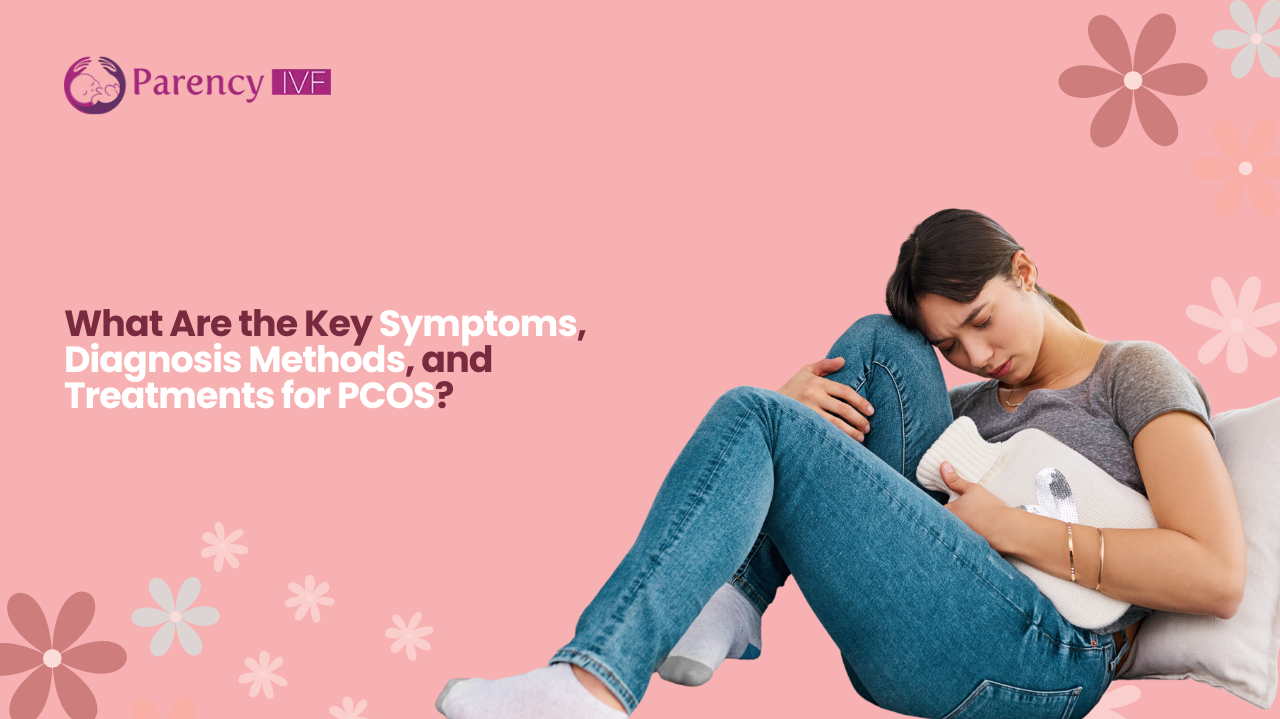



Polycystic Ovary Syndrome (PCOS) is a hormonal disorder that impacts around 8–13% of women of reproductive age, as per the World Health Organisation (WHO). Despite its prevalence, many women remain undiagnosed, struggling with symptoms that impact their overall health and quality of life. Understanding PCOS, recognising its symptoms, and seeking timely treatment can make a world of difference. This blog provides insights into PCOS symptoms, diagnosis methods, and treatment options to empower women to take control of their health.
Early detection of PCOS is essential for managing its symptoms and preventing complications. Untreated PCOS can cause severe health conditions, including type 2 diabetes, cardiovascular diseases, and infertility. Research shows that delayed diagnosis often exacerbates these risks, making proactive care vital. By recognising the symptoms early, women can seek medical intervention and adopt lifestyle changes to mitigate its impact.
PCOS manifests differently in every individual, but some of the most common symptoms include:
Symptoms can differ in severity, and some women may only notice subtle signs, making regular check-ups essential for early detection.
Diagnosing PCOS involves combining clinical evaluation with laboratory tests and imaging studies. The process typically includes:
Each step is crucial to rule out other conditions and develop an effective treatment plan tailored to the individual’s needs.
Managing PCOS requires a multifaceted approach that addresses both the symptoms and underlying hormonal imbalances. Key treatment options include:
For women trying to conceive, ovulation-inducing medications like clomiphene or letrozole can be effective. In more complex cases, assisted reproductive technologies such as in vitro fertilisation (IVF) may be recommended.
PCOS is a manageable condition when diagnosed early and treated with a personalised plan. Awareness of its symptoms, timely diagnosis, and the adoption of targeted treatment strategies can significantly improve overall health and fertility outcomes. If you experience symptoms of PCOS, consulting a healthcare provider is the first step toward effective management.
Are you struggling with symptoms of PCOS and seeking expert guidance? At Parency IVF Hospital, we’re here to support you with tailored diagnostic and treatment plans to help you regain control of your health and fertility. Schedule your consultation today and take the first step towards a healthier, happier you!